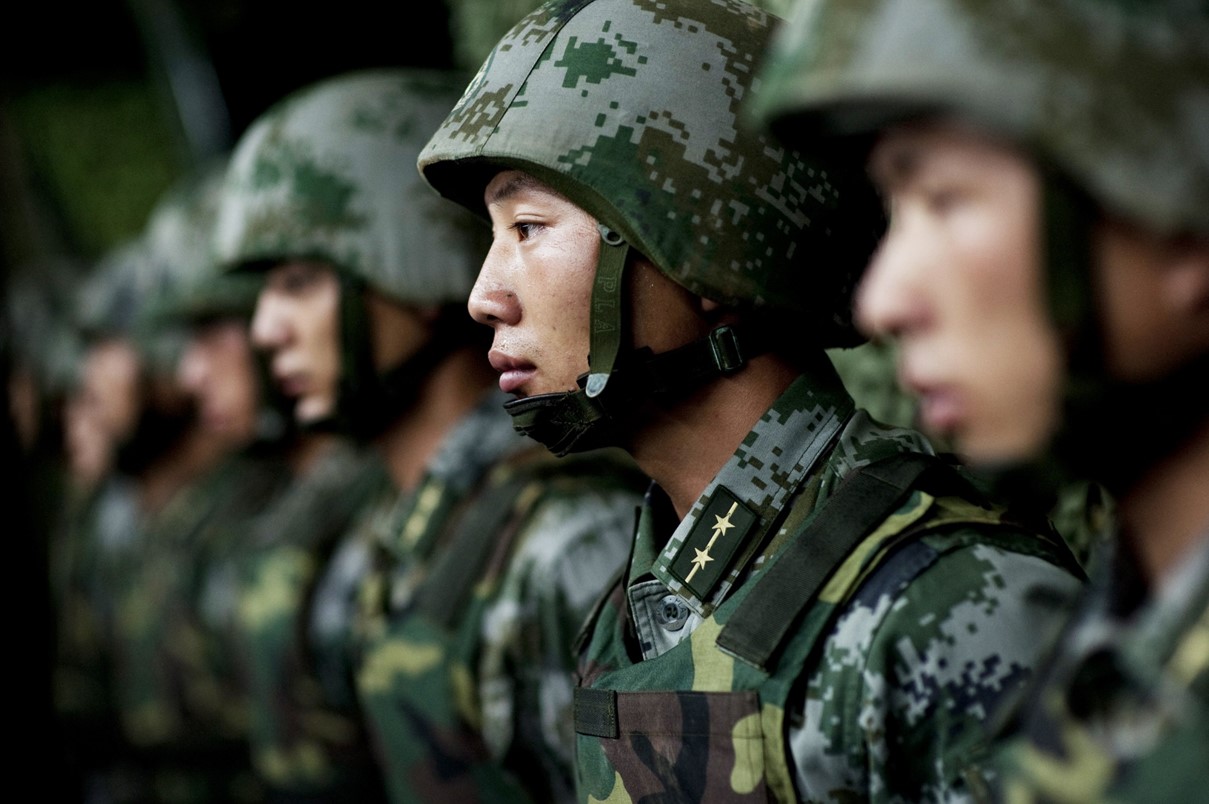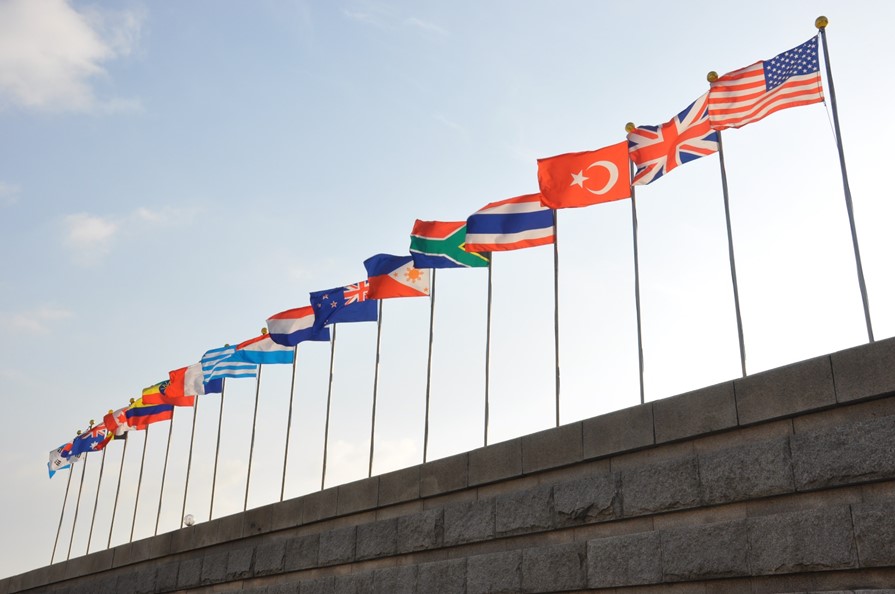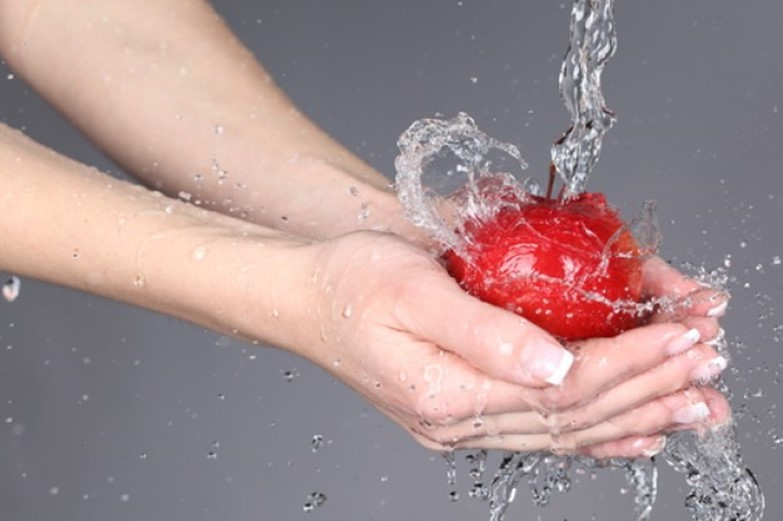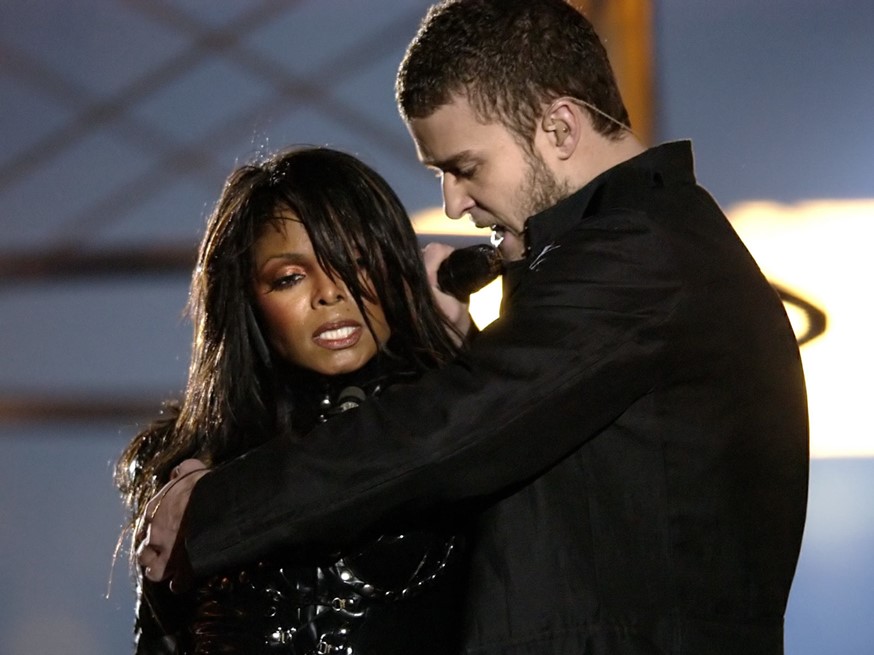One Child Military
February 9, 2014 in Daily Bulletin

Lily Kuo wrote that China was concerned about a military made up of children from one-child families:
- The one child policy was expected to create a generation with more resources and familiarity with technology, thus being a boon to the armed forces.
- However government publications are writing that it may, instead, have created a generation of “wimps”.
- The military runs programs specifically designed to toughen up ‘spoiled’ soldiers.
- Other concerns about the military include the fact that as a wing of the Communist Party, officers are required to spend 40% of their time on ‘political training’ learning Communist Party songs and lessons.
Read more about the specific causal mechanisms that may lead to one-child children being less effective fighters, why the concerns are likely overblown, and more over here.
Source: Quartz









Join the Discussion! (No Signup Required)